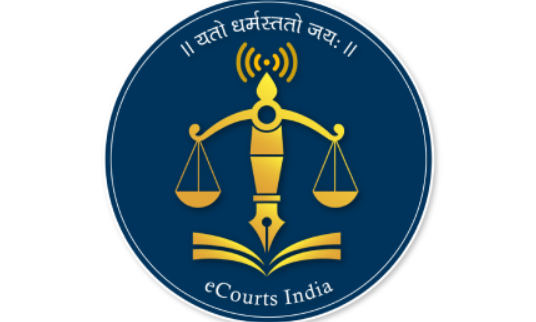eCourts Mission Mode Project
The eCourts Mission Mode Project aims to modernize the Indian Judiciary through improved Information and Communication Technology (ICT). The project is being implemented in phases, with ongoing collaboration between the Department of Justice and the eCommittee of the Supreme Court.
Phase I Overview
Phase I of the eCourts project commenced in 2011 and concluded in 2015. This phase focused on the basic computerization of the judiciary. Key activities included setting up computer hardware and ensuring internet connectivity. The e-Courts platform was launched during this phase. The total budget allocated was 935 crore rupees, of which 639 crore rupees were utilized.
Phase II Developments
Phase II spanned from 2015 to 2023 and aimed to enhance ICT in District and Subordinate Courts. This phase introduced several citizen-centric initiatives to improve access and efficiency. The budget for Phase II was 1,670 crore rupees, with nearly all funds, 1,668 crore rupees, being spent. By the end of this phase, digital infrastructure had been established in 18,735 courts across the country.
Phase III Initiatives
Phase III was approved in September 2023 and has larger budget of 7,210 crore rupees. This phase is designed to build on previous successes and introduce advanced initiatives. Key features include the establishment of Digital and Paperless Courts, digitisation of court records, and expanded video conferencing capabilities for courts, jails, and hospitals. Additionally, online courts will be extended to manage a wider array of cases, including traffic violations.
The ongoing implementation of the eCourts project is expected to revolutionise the judicial process in India. The integration of technology aims to streamline operations, enhance transparency, and improve access to justice for citizens. Each phase builds upon the last, ensuring a comprehensive approach to modernising the judiciary.
GKToday Facts for Exams:
- eCommittee: The eCommittee is a body of the Supreme Court of India. It focuses on implementing ICT initiatives in the judiciary. It collaborates with the Department of Justice for eCourts.
- Digital Courts: Digital Courts aim to create a paperless judicial environment. They enhance efficiency and accessibility. This initiative is part of Phase III of the eCourts project.
- Video Conferencing Expansion: The eCourts project includes expanded video conferencing capabilities. This feature connects courts with jails and hospitals. It aims to streamline judicial processes and enhance communication.
Month: Current Affairs - December, 2024
Category: Legal & Constitution Current Affairs








